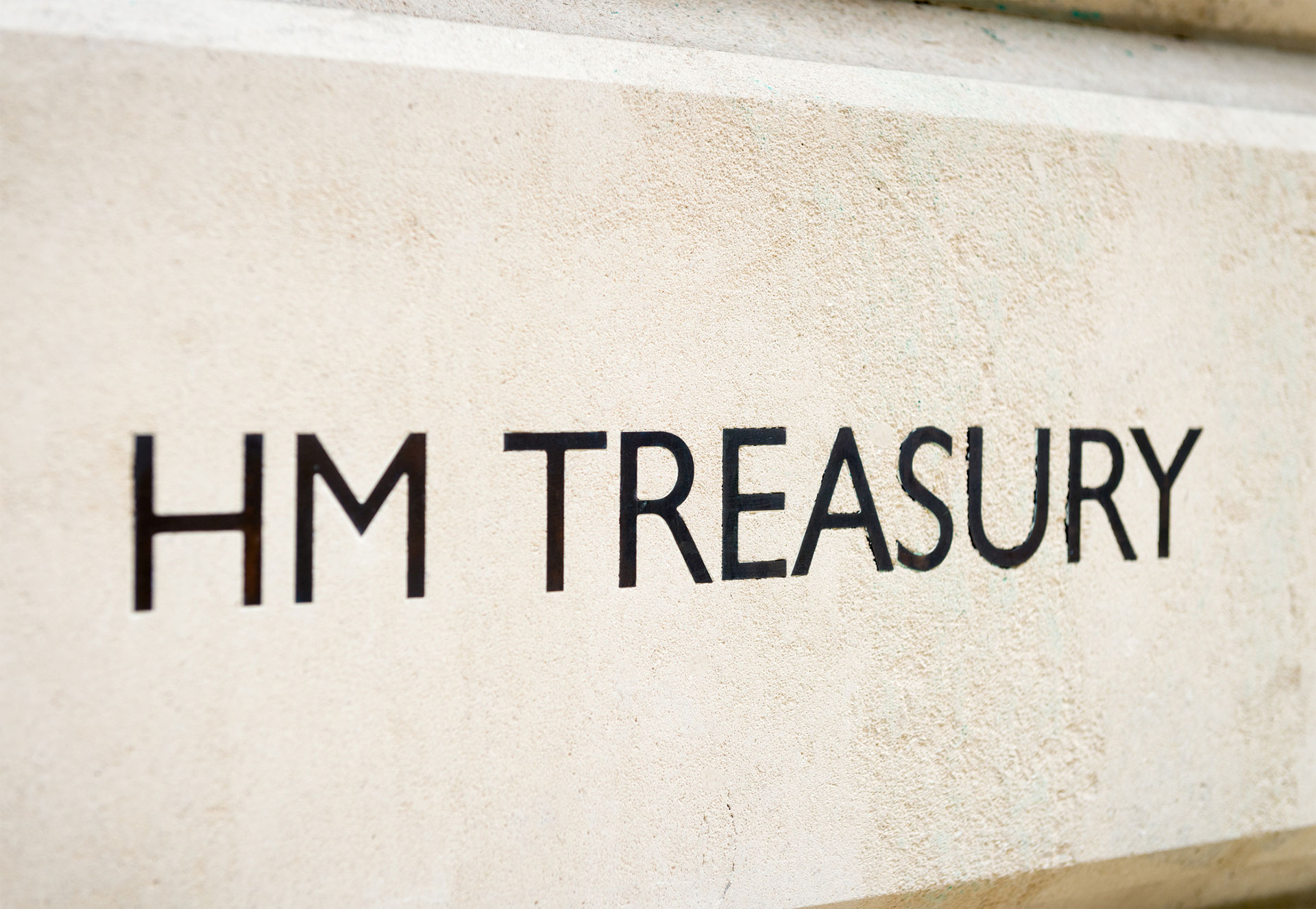Yesterday, I blogged on the changes to monetary policy announced by Mark Carney, the governor of the Bank of England.
The markets have responded by sending Sterling to a three year high (and no, I don’t think the political machinations around sterling union are at play).
There are a couple of takeaways from the surge in Sterling:
- The markets are suggesting that interest rates will go up sooner rather than later. In the short run, it is differences in interest rates across countries that buffet exchange rates around. A rising pound means that the markets believe interest rates in the UK will rise faster than elsewhere (primarily the US or the EU). On the back of what I wrote yesterday, that suggests markets believe a rate rise will come before the election. I’m afraid they are likely to be disappointed.
- The pound exchange rate is likely to be volatile in the coming months. If markets are focussed on the short-term differentials in interest rates, they are going to try and read the tea leaves in every pronouncement by MPC members and by Janet Yellen, the new Chair of the Federal Reserve. Any suggestion by these Central Bankers that the economy is doing (better/worse) than expected will be seen as a sign the monetary policy will be (tightened/left alone). But this is like trying catch a shadow: The story will change from data release to data release and speech to speech. The problem for business will be trying to manage that volatility.





